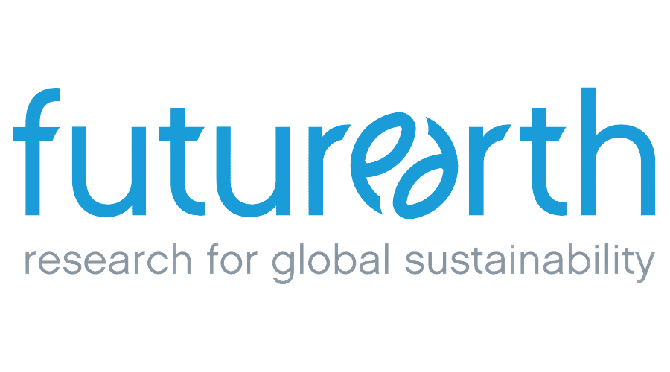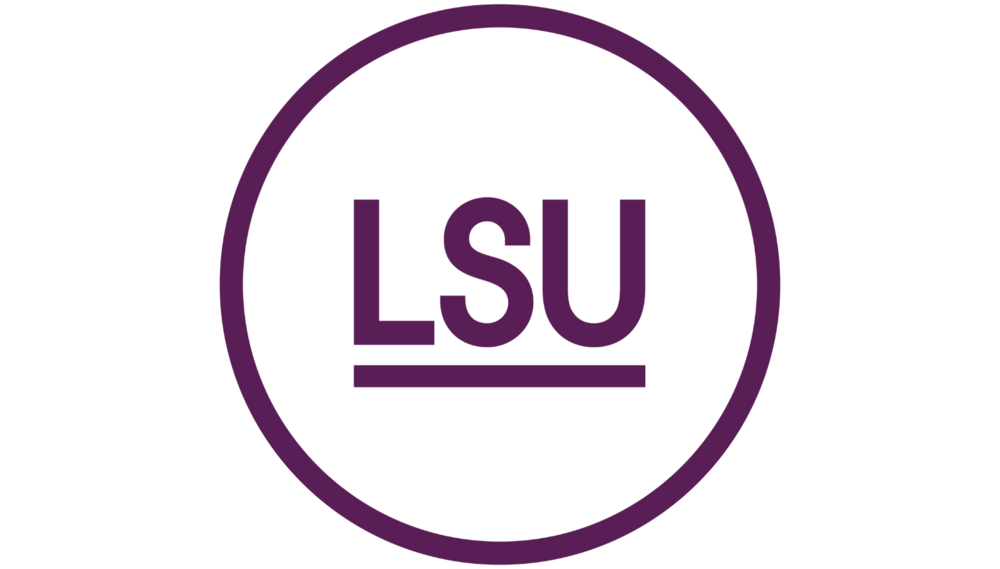To tackle the climate crisis, governments have a mandate to enable and encourage citizens and civil society to participate in shaping and implementing impactful climate policies. By expanding public participation and bringing marginalized voices into decision-making, governments can create climate-focused policies that are more equitable and responsive to communities’ needs. Learn about positive examples of how governments around the world are involving citizens through participatory budgeting, legislative theatres, and participatory policymaking to build real climate democracy and increase community resilience.
The lecture will be opened by Dr Massimo Tommasoli, Director of Global Programmes at International IDEA, and followed by a conversation with Sara-Elvira Kuhmunen, President of the Sámi Youth Organization Sáminuorra and LSU Board Member, questions/comments from the audience, and a reception.
Moderator: Matthias Jäger, Head of Climate Change and Democracy, International IDEA.
Speaker:
- Lecturer: Greta Ríos, Co-Executive Director, People Powered, Mexico City










